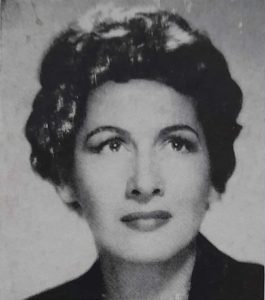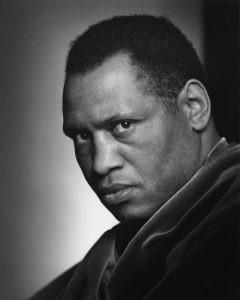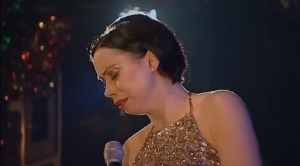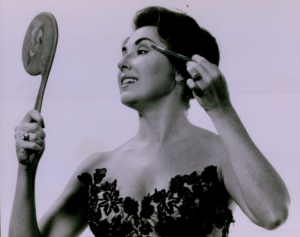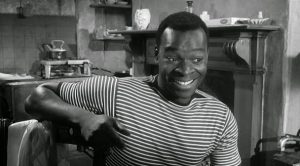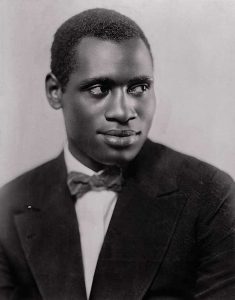Podcast: Play in new window | Download (Duration: 1:46:49 — 134.9MB) | Embed
Subscribe: Spotify | TuneIn | RSS | More
Today’s episode celebrates a prime example of that rara avis, the Broadway contralto, the fascinating and little-remembered Shannon Bolin (01 January 1917 – 25 March 2016). Her career covered the gamut from opera to Broadway covering all points along that continuum. In the year 1955, she and her husband, pianist, composer, and conductor Milton Kaye made two albums covering a range of material. The first, entitled Rare Wine, consists of “a bouquet of rare vintage,” lesser-known songs by Rodgers and Hart (and Rodgers and Hammerstein), George and Ira Gershwin, Jerome Kern and Dorothy Fields, Vernon Duke and Ogden Nash, Bart Howard, Noël Coward, and Alec Wilder; the second LP consists entirely of songs of Alec Wilder, including his song cycle Songs for Patricia, composed to poems by Norman Rosten dedicated to his young daughter. The episode also includes two highlights from Bolin’s stage career, from Damn Yankees and the 1969 off-Broadway smash Promenade, and closes with my favorite Alec Wilder song, the heartbreaking “Did You Ever Cross Over to Sneden’s?” that serves as a memorial tribute to my dear friend from years gone by, Matthew Lau, whose death was just announced this past week.
Countermelody is a podcast devoted to the glory and the power of the human voice raised in song. Singer and vocal aficionado Daniel Gundlach explores great singers of the past and present focusing in particular on those who are less well-remembered today than they should be. Daniel’s lifetime in music as a professional countertenor, pianist, vocal coach, voice teacher, and author yields an exciting array of anecdotes, impressions, and “inside stories.” At Countermelody’s core is the celebration of great singers of all stripes, their instruments, and the connection they make to the words they sing. By clicking on the following link (https://linktr.ee/CountermelodyPodcast) you can find the dedicated Countermelody website which contains additional content including artist photos and episode setlists. The link will also take you to Countermelody’s Patreon page, where you can pledge your monthly or yearly support at whatever level you can afford.
